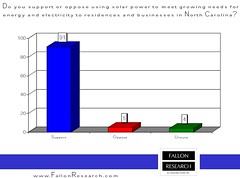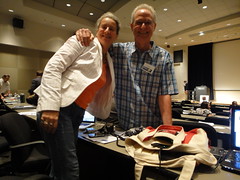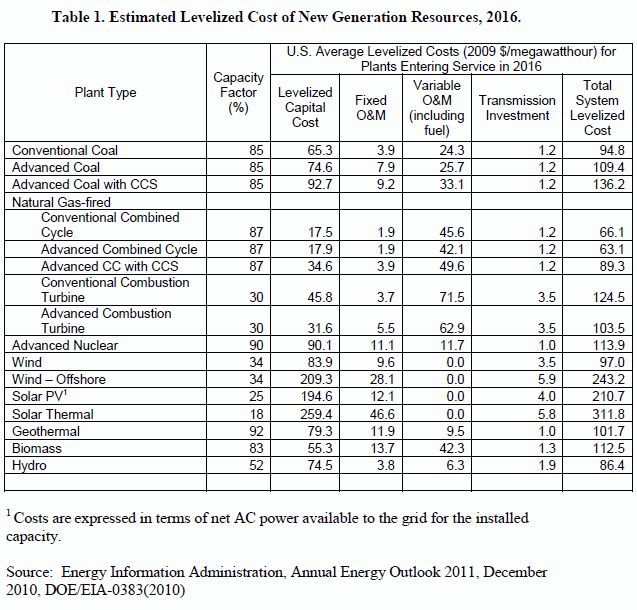Kristi E. Swartz wrote in the AJC today, Georgia Power trashes regulatory staff’s financial proposal for Vogtle cost overruns:
The PSC deal sounds fair to me, or actually rather generous.Georgia Power officials told state regulators they never would have started to build a new multi-billion-dollar nuclear power plant if they knew the company might be on the hook for certain potential cost overruns.
The company, they said, would be building a natural gas plant instead.
Georgia Power, which is the largest stakeholder in a partnership building two new reactors at Plant Vogtle, is responsible for $6.1 billion of the $14 billion project. The Georgia Public Service Commission’s staff wants to cut into the utility’s allowed profit margin if the project runs more than $300 million over budget. Profits would similarly get a boost if the reactors come in under budget by the same amount.
But not to the big-company socialists at Georgia Power:
At a PSC hearing Wednesday, company executives said the proposal could drive up financing costs of the project, potentially damage the ability to raise capital and eventually increase customer bills.Privatize the profits; socialize the risks! That’s the ticket!“As a member of the management team of the company, if this mechanism had been part of the original certification, we very likely would have not proceeded [with the project],” said Ann Daiss, Georgia Power’s comptroller.
They could spend less money building distributed solar farms and wind generators and get them built a lot faster with very little risk of cost overruns. Why isn’t Georgia Power interested in that?
“Even under the most adverse outcomes, the units remain highly profitable with very limited risk for investors,” [PSC staff member Tom] Newsome said. “We’ve been talking a lot about investors in this hearing and I think we need to be talking about [customers].”Profits paid for by customer rate hikes and taxes from you, the taxpayer. You’d have a better deal if Georgia Power built solar and wind plants.
-jsq
PS: Owed to Mandy Hancock.








